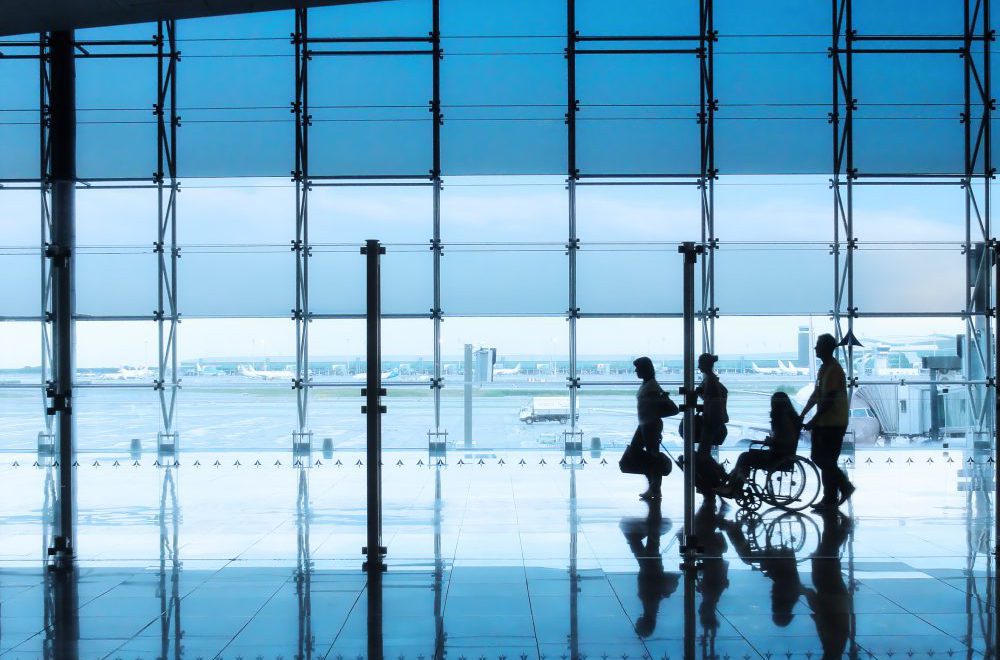A recent study has revealed that people with accessibility needs due to disability and age are not being fully catered for by the travel industry or public sector.
One of the biggest barriers to accessible travel remains inaccurate or incomplete information being available, coupled with a lack of skilled customer service, according to the study, released by travel technology company, Amadeus.
The ‘Voyage of discovery: Working towards inclusive and accessible travel for all’ study also found that travellers with accessibility needs increasingly expected these to be met as part of the mainstream service, at no extra cost. The role of technology in accessible travel is becoming more important, with specific developments such as voice recognition starting to be seen as commonplace.
The overall travel experience and how this is adapted to different needs rated at just 6.2 out of 10, while travelling by plane was the preferred transportation method with 35.9 per cent of respondents. The least satisfactory areas were those related to railway stations and the most satisfactory was accommodation.
The study highlighted that transitioning to an accessible travel-friendly environment needs improvement that included more effective communication that facilitated access to relevant information on accessibility, and a more responsive service with properly trained staff who know how to address people with different access needs.
According to the study, standardised content and services would increase consistency across the industry ensuring clarity in the type of services that customers could expect. There was also an opportunity in tandem for a more personalised travel experience so that each travel segment is tailored to the individual and their specific needs.
Finally, it recommended further collaboration between the private and public sectors to meet the expectations of travelers with accessibility needs.
Improving accessibility in travel means enhancing usability for all customers, Amadeus vice president corporate strategy, Alex Luzarraga said. “Lifting barriers to travel, personalising the travel offer, using technology to further facilitate travellers’ experiences and creating more accessible infrastructure where people can navigate autonomously will benefit everybody,” he said.
The study included around 800 interviews with travellers with accessibility needs as well as industry experts, private-public sector representatives and international institutions. Segmentation of travellers for the study was based on people with visual, hearing, cognitive, physical disability and senior travellers over 65.

